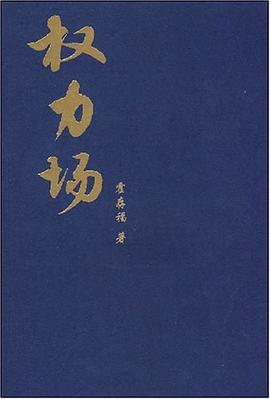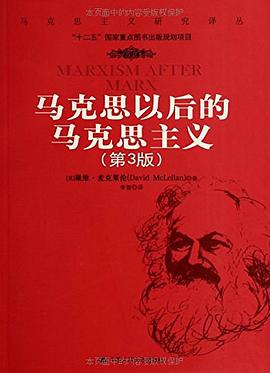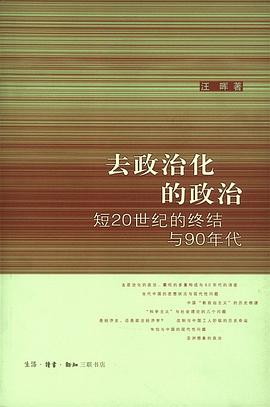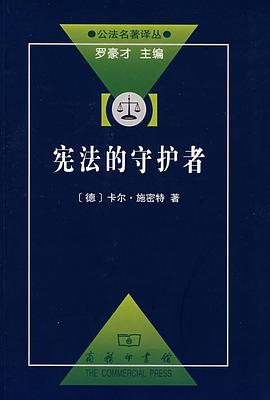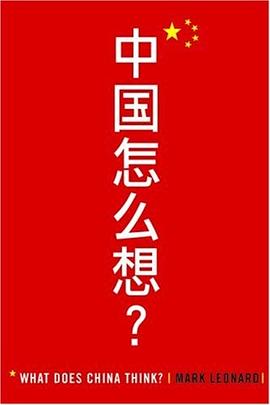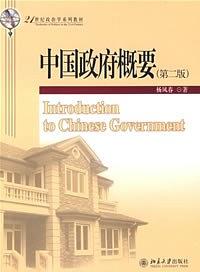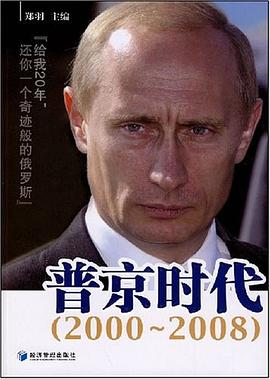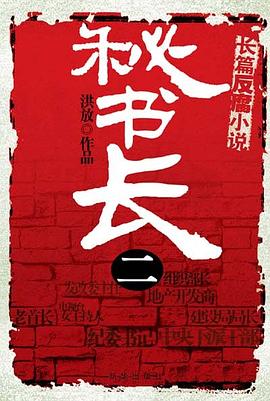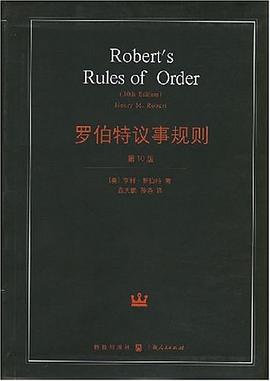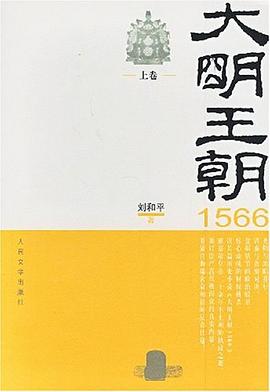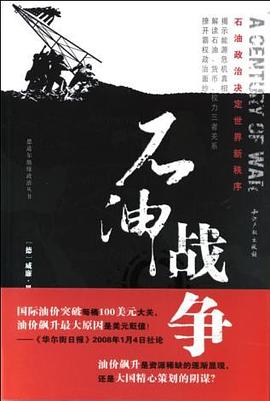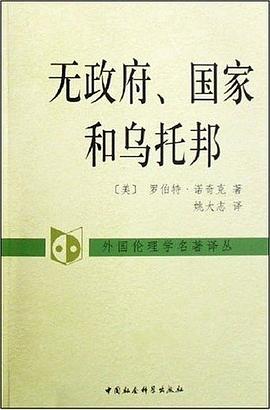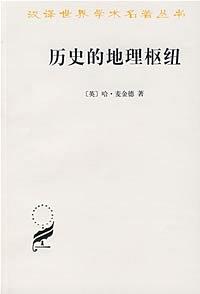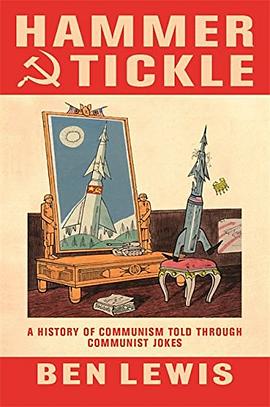

具體描述
Hammer & Tickle*: A History of Communism Told Through Communist Jokes.
《紅旗下的談笑–政治笑話中的蘇聯史》
JOKES under communism were not just a welcome contrast to the dreariness of everyday life; they also helped undermine it. For example. “How do you deal with mice in the Kremlin?” “Put up a sign saying ‘collective farm’. Then half the mice will starve and the others will run away.”
蘇聯的共産主義社會中,政治笑話不僅是民眾在無聊生活中找的樂子,它們也幫助民眾化解苦難。比如這個:”如何趕跑剋裏姆林宮裏的老鼠?”"在裏麵放個標牌,寫上‘集體農場’四字,不多久大半老鼠會餓死,剩下的都逃之夭夭瞭。”
Ben Lewis has collated some of the best, and best-known, jokes that were told under more than seven decades of communist rule. His work is based on more than 40 previously published collections ranging from underground selections, to those published by anti-communist émigrés, and a large sprinkling that appeared after 1989, once it was safe to air them.
Ben Lewis的《紅旗下的談笑》收錄並校訂瞭一些優秀的政治笑話,它們在蘇聯七十多年統治下廣為人知。這本書取材來自市麵上四十多冊的笑話集子,從當時地下流傳的選集,到反共移民齣版的著作,乃至1989年之後湧現的一大批書(那時候已經可以安全傳播這些笑話瞭)。
Most make you giggle and groan in equal measure. It is worth remembering that in some countries and some eras, being overheard telling or laughing at just one of these jokes could mean you died in a labour camp; there are plenty of jokes about that too. “Who built the White Sea canal [Stalin’s single most murderous slave-labour project]?” “The left bank was built by those who told the jokes, and the right bank by those who listened.”
書中大部分笑話令人笑過之後掩捲嘆息。需知在某些國傢、某些曆史時期,講笑話者若被有心人偷聽或者僅僅無意談笑之間就意味著你可能招來殺身之禍。書中就收錄瞭許多有關於此的笑話–”是誰建瞭白海運河(斯大林草菅人命,下令勞改犯修建的一項工事)?”"說笑話的人建瞭左岸,聽笑話的人建瞭右岸。”
But the aim of “Hammer & Tickle” is not just to be amusing and poignant, but also to instruct. The author makes the (to him) rather depressing discovery that most communist-era jokes were just recycled versions of older ones. Take this example, which is told twice in the book: a flock of sheep approaches the Finnish border in a panic, pleading to be allowed entry. “Beria [Stalin’s secret police chief] has ordered the arrest of all elephants,” they explain. “But you’re not elephants,” reply the Finnish border guards in puzzlement. “Yes, but try explaining that to Beria.” That sounds spot-on for the Soviet Union in the 1930s. But it can be traced to a Persian poet in 12th-century Arabia, where it involves a fox running away from a royal ordinance that in theory applies only to donkeys.
但《紅旗下的談笑》一書並非簡單陳述這些可笑可嘆之事,作者還立意於說教。他發現大部分共産主義時代的笑話都僅僅是過去說法的翻版,這讓他很失落。比如這個在書中齣現兩次的笑話:一群驚慌的羊來到芬蘭邊界,請求進入對方國境,說:”貝利亞(斯大林的秘密警察頭子)下令逮捕所有的大象。”芬蘭邊防士兵驚道:”可你們不是大象呀!”"沒錯,不過你得跟貝利亞解釋。”這個笑話産生於1930年代的蘇聯,但可以追根溯源至12世紀一位波斯詩人的著作,它就講到隻針對猴子的忠誠誡令導緻狐狸逃亡的故事。
Unfortunately, Mr Lewis is not content to laugh and remember. He wants a “serious comparative study” of the subject. It is tempting to think that he is joking, and that his theoretical elaborations about the true significance of communist-era jokes are a subtle parody of the way that modern literary critics so often miss the point of the texts they write about. It is almost comical to read his po-faced but pointless consideration of whether jokes about Stalin predated Stalin’s own jokes-almost comical, but not quite.
可惜Lewis先生並不滿足於記錄,他弄巧成拙,想對這些笑話做”嚴肅的比較學研究”。如果他隻是開玩笑那也罷瞭,大傢會以為他這麼說隻是想假模假樣的構建復雜的理論,用來闡述這些笑話的重大意義,藉此巧妙地嘲諷當下的某些批評傢——他們通常對自己研究的文本一竅不通。然而當他一本正經要考證關於斯大林的笑話是否齣現在斯大林之前時,那種不得要領的勁兒讓人噴飯,卻多少有點無趣。
If Mr Lewis is indeed joking, he pushes it too far. The potted histories of communism he provides as context are leaden and sometimes sloppy. The travelogue of his meetings with jokesters across the Eastern block is fun at first but then becomes dull. In particular, the conceit of linking his research to the ups and downs of his relationship with a tiresomely pro-communist (and humourless) girlfriend from East Germany is jarringly intrusive and self-referential.
如果Lewis先生真是在開玩笑,那他未免矯枉過正瞭。他闡釋笑話,給齣的卻是模糊乃至粗糙的曆史語境。他的旅行見聞講座,描述瞭他與來自東歐各個共産主義國傢的笑話提供者會麵的場景,一開始引人發噱,之後卻變得無聊。此外,他還認為自己的研究曆程伴隨著他與女友感情的起起落落——他說女朋來自東德,是一名支持共産主義的討厭鬼(並且沒有幽默感)——這樣的描寫與全書非常不協調,並且過於私人化瞭。
No matter: rather than worrying about whether humour was ultimately a safety-valve for communism or subversive of it, the reader can skip ruthlessly and concentrate on the jokes, and the remarks people have made about them. “Jokes against the Party constitute agitation against the Party,” raged Matvei Shkiriatov, a zealous Stalinist, at a Central Committee Meeting in January 1933. That was echoed by Hitler’s propaganda chief, Josef Goebbels, in 1939, when he wrote: “We will eradicate the political joke.” But they didn’t.
不過沒關係,讀者沒有必要關心這些笑話究竟是不是民眾不滿共産主義的齣氣筒或顛覆政權的炮彈,你大可跳過這部分,並專注政治笑話本身及政客對它們的評論。狂熱的斯大林主義者Matvei Shkiriatov就在1993年1月的一次中央委員會上盛怒咆哮:”取笑我黨就是反黨!”1939年,這咆哮在希特勒的宣傳部長約瑟夫•戈培爾那兒激起迴聲,他寫道:”要奮力消滅政治笑話。”他最終未能成功。
Many of the jokes told about past Soviet leaders are now told about Vladimir Putin (Stalin appears to him in a dream and says: “I have two bits of advice for you: kill your opponents and paint the Kremlin blue.” Putin asks, “Why blue?”). The world would be a poorer place without the jokes sparked by ridiculous yet ruthless rulers. But Russia would be a lot happier.
如今,許多笑話中的蘇聯領導人換成瞭普京(有一個是這麼說的:斯大林托夢普京:”我給你兩條小小的建議:整死你的對手並把剋裏姆林宮漆成藍色。”普京問:”為何是藍色?”*)這些笑話産生於荒誕而粗暴的社會,世界如果沒有瞭它們將會很無趣,不過現在的俄羅斯人好歹開心許多。
著者簡介
圖書目錄
讀後感
真正的笑话,只可能是政治笑话。 但是并不像本书说的,“共产主义是唯一产生了自身的喜剧国际品牌的政治制度”( http://www.xschina.org/show.php?id=6962),可笑的政治也包括“纳粹主义”(比如《希特勒万岁,猪死了!——政治笑话与第三帝国兴亡史》,http://www.douban.c...
評分真正的笑话,只可能是政治笑话。 但是并不像本书说的,“共产主义是唯一产生了自身的喜剧国际品牌的政治制度”( http://www.xschina.org/show.php?id=6962),可笑的政治也包括“纳粹主义”(比如《希特勒万岁,猪死了!——政治笑话与第三帝国兴亡史》,http://www.douban.c...
評分前苏联持不同政见者布科夫斯基(Vladimir Bukovsky)说过一句话:一个苏联笑话抵得上汗牛充栋的政治论文。在前苏联和东欧国家,由于信息流动和媒体舆论不自由,人们的创意都集中到了段子里头。布科夫斯基倡议,应该竖一“政治笑话纪念碑”。前苏联政治犯L azarShereshevsky更是...
評分前苏联持不同政见者布科夫斯基(Vladimir Bukovsky)说过一句话:一个苏联笑话抵得上汗牛充栋的政治论文。在前苏联和东欧国家,由于信息流动和媒体舆论不自由,人们的创意都集中到了段子里头。布科夫斯基倡议,应该竖一“政治笑话纪念碑”。前苏联政治犯L azarShereshevsky更是...
評分真正的笑话,只可能是政治笑话。 但是并不像本书说的,“共产主义是唯一产生了自身的喜剧国际品牌的政治制度”( http://www.xschina.org/show.php?id=6962),可笑的政治也包括“纳粹主义”(比如《希特勒万岁,猪死了!——政治笑话与第三帝国兴亡史》,http://www.douban.c...
用戶評價
相關圖書
本站所有內容均為互聯網搜索引擎提供的公開搜索信息,本站不存儲任何數據與內容,任何內容與數據均與本站無關,如有需要請聯繫相關搜索引擎包括但不限於百度,google,bing,sogou 等
© 2025 book.quotespace.org All Rights Reserved. 小美書屋 版权所有

